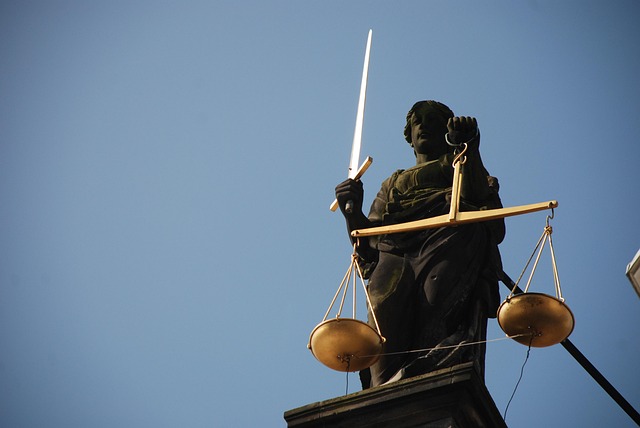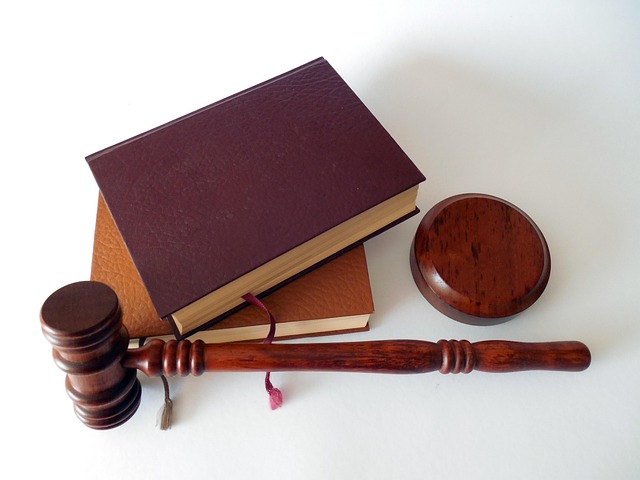Environmental crime trials, built on a specialized legal framework, tackle violations harming the planet. Mirroring personal injury lawsuits, they involve filing a complaint, investigation, evidence collection, expert testimonies, and legal arguments focusing on compliance and liability. Unlike typical cases, these trials emphasize prevention and deterrence of white-collar crimes causing ecological damage. Victims share narratives detailing impacts, while evidence includes scientific data and expert opinions. Robust cases link defendants' actions to victim communities using steps from personal injury lawsuit processes. Strict sentencing acts as a powerful deterrent, influencing industry practices and driving reforms for enhanced environmental oversight.
“Uncovering Environmental Crime: Navigating Trials for Sustainable Justice
Environmental crime trials stand as pivotal moments in the fight against ecological devastation. This article dissects the intricate legal framework of these cases, exploring how victims’ roles and compelling evidence drive outcomes. From understanding the steps in an environmental injury lawsuit to analyzing sentencing impacts on industries, we uncover the path to justice.
Through these trials, society takes strides towards accountability, deterrence, and restoration, ensuring a more sustainable future.”
- Understanding Environmental Crime Trials: A Legal Framework
- The Role of Victims and Evidence in These Cases
- Consequences and Justice: Sentencing & Impact on Industries
Understanding Environmental Crime Trials: A Legal Framework
Environmental crime trials, while specialized, operate within a structured legal framework designed to address violations impacting our planet. These trials often involve complex issues, from pollution’s health effects to ecological damage’s financial implications. Understanding this process is crucial for both legal professionals and individuals affected by such crimes. The steps in an environmental crime trial generally mirror those of a personal injury lawsuit, with specific nuances tailored to ecological contexts.
The initial stages include filing a complaint, where the plaintiff alleges harm caused by environmental violations. This is followed by all stages of the investigative and enforcement process, encompassing evidence collection, expert witness testimonies, and legal arguments centered around regulatory compliance and liability. Unlike general criminal defense cases focusing on guilt or innocence, environmental crime trials emphasize prevention and deterrence, often targeting white-collar and economic crimes that cause significant ecological damage. This legal framework aims to hold perpetrators accountable while fostering sustainable practices and mitigating future environmental harm.
The Role of Victims and Evidence in These Cases
In Environmental Crime Trials, victims play a pivotal role. They are not just passive observers but active participants in the pursuit of justice. When individuals or communities suffer harm due to environmental transgressions, their experiences and testimonies provide crucial evidence. These personal narratives detail the impact of pollution, contamination, or other ecological crimes, offering a human face to the case. By sharing their stories, victims can help secure the attention and empathy of jurors, making abstract concepts like ecosystem damage tangible. This emotional connection is powerful in jury trials, where achieving extraordinary results often hinges on compelling evidence that resonates with laypeople.
The presentation of evidence is another critical aspect of these cases. Unlike traditional personal injury lawsuits that focus on physical injuries, environmental crime trials require a broader spectrum of proof. This includes scientific data, expert opinions, and documentary evidence. By meticulously documenting the chain of events leading to the ecological damage, lawyers can build a robust case. For instance, steps in a personal injury lawsuit process such as gathering medical records, conducting site inspections, and analyzing historical data become essential tools in these trials. The goal is to present a comprehensive picture that demonstrates the direct link between the defendant’s actions and the environmental harm suffered by victims across the country.
Consequences and Justice: Sentencing & Impact on Industries
Environmental crime trials play a pivotal role in meting out justice and deterring future misconduct. The consequences for convicted parties often extend far beyond monetary fines or imprisonment, significantly impacting industries and their practices. In many cases, individuals and corporations found guilty of environmental crimes face severe penalties, including substantial financial judgments, asset forfeiture, and restrictive orders that can cripple their operations. These sanctions are designed to not only punish but also to serve as a powerful deterrent for potential future offenders.
The impact on industries is multifaceted. Strict sentencing in environmental cases signals a zero-tolerance approach from regulators, encouraging companies to prioritize compliance and sustainability measures. For instance, the outcome of high-profile white-collar and economic crimes trials can spark industry-wide reforms, driving the adoption of stricter internal controls, enhanced environmental oversight, and more robust corporate governance frameworks. This not only ensures accountability but also fosters a culture of environmental responsibility across sectors. Understanding the potential consequences at each stage of the investigative and enforcement process is crucial for individuals and businesses alike to navigate general criminal defense strategies effectively.
Environmental crime trials play a pivotal role in holding industries accountable for their impact on the environment. By understanding the legal framework, leveraging victim participation and robust evidence, and imposing meaningful sentences, these cases can serve as powerful deterrents. The consequences not only bring justice to affected communities but also signal a shift towards more sustainable practices within industries. Just as a personal injury lawsuit process involves clear steps to seek redress, environmental crime trials are crucial in ensuring accountability and healing for our planet.






